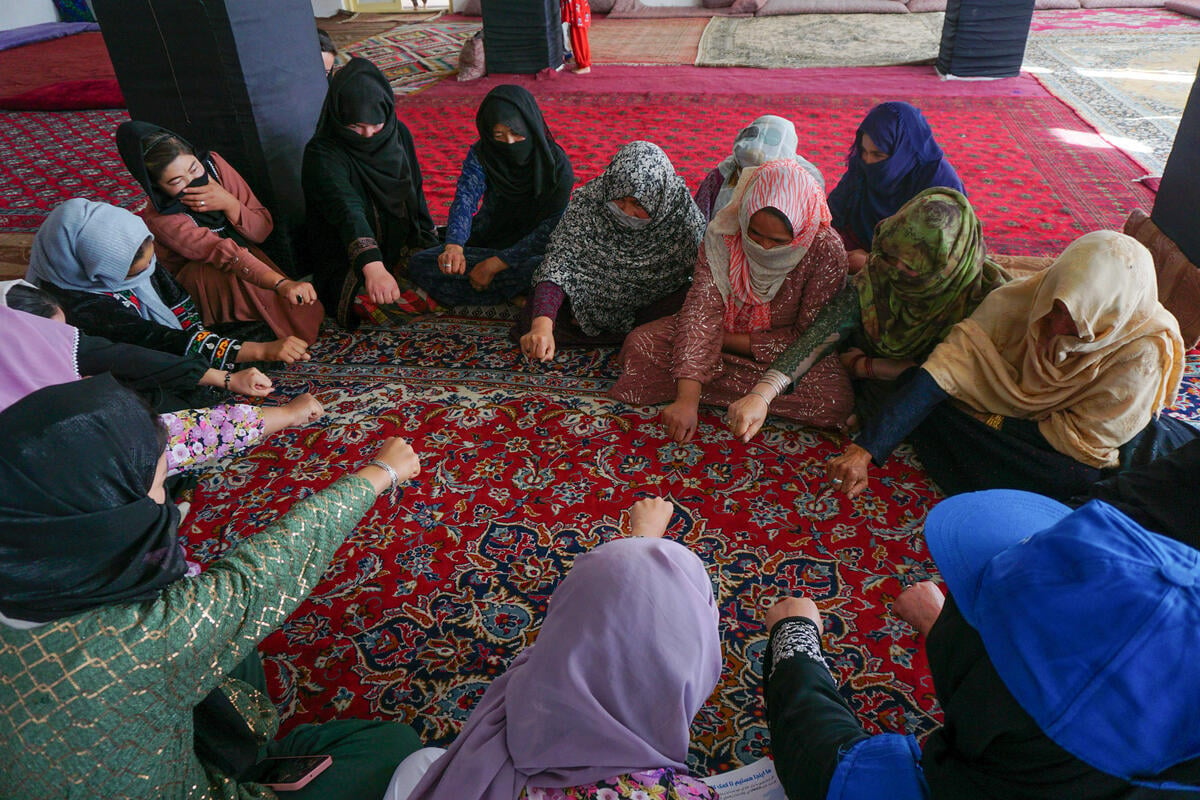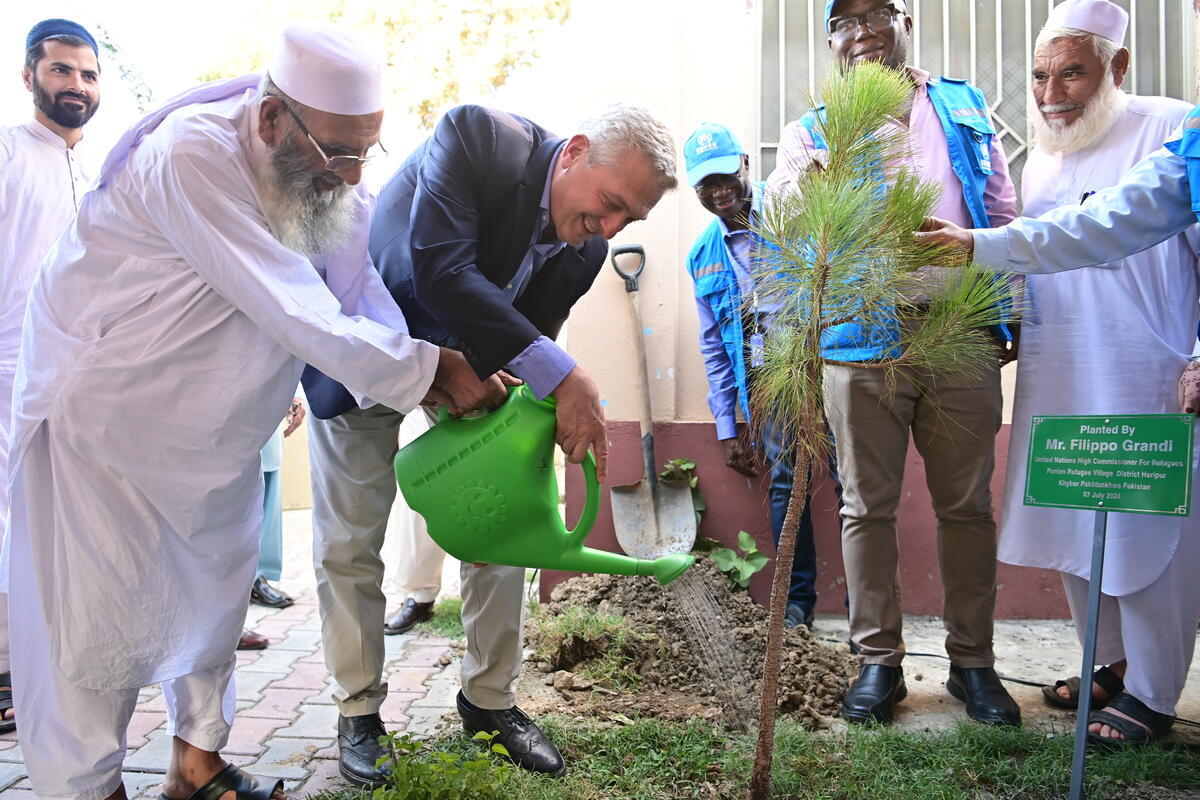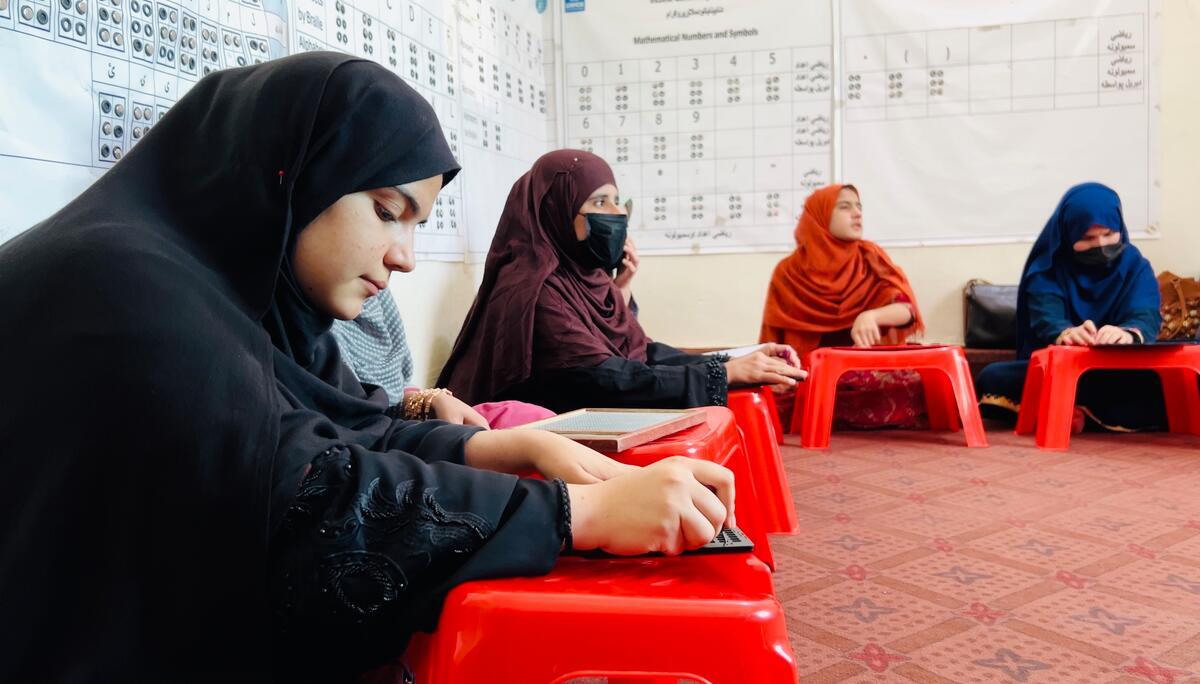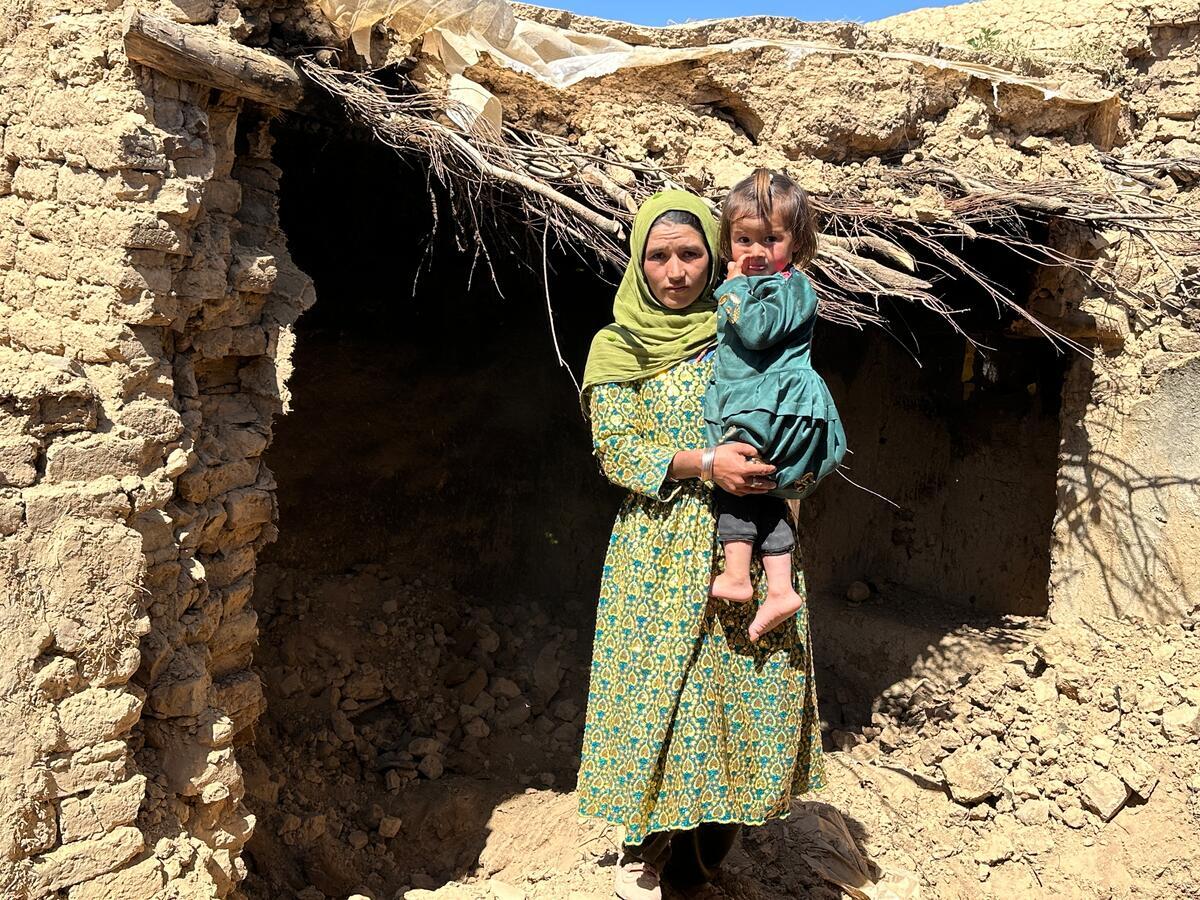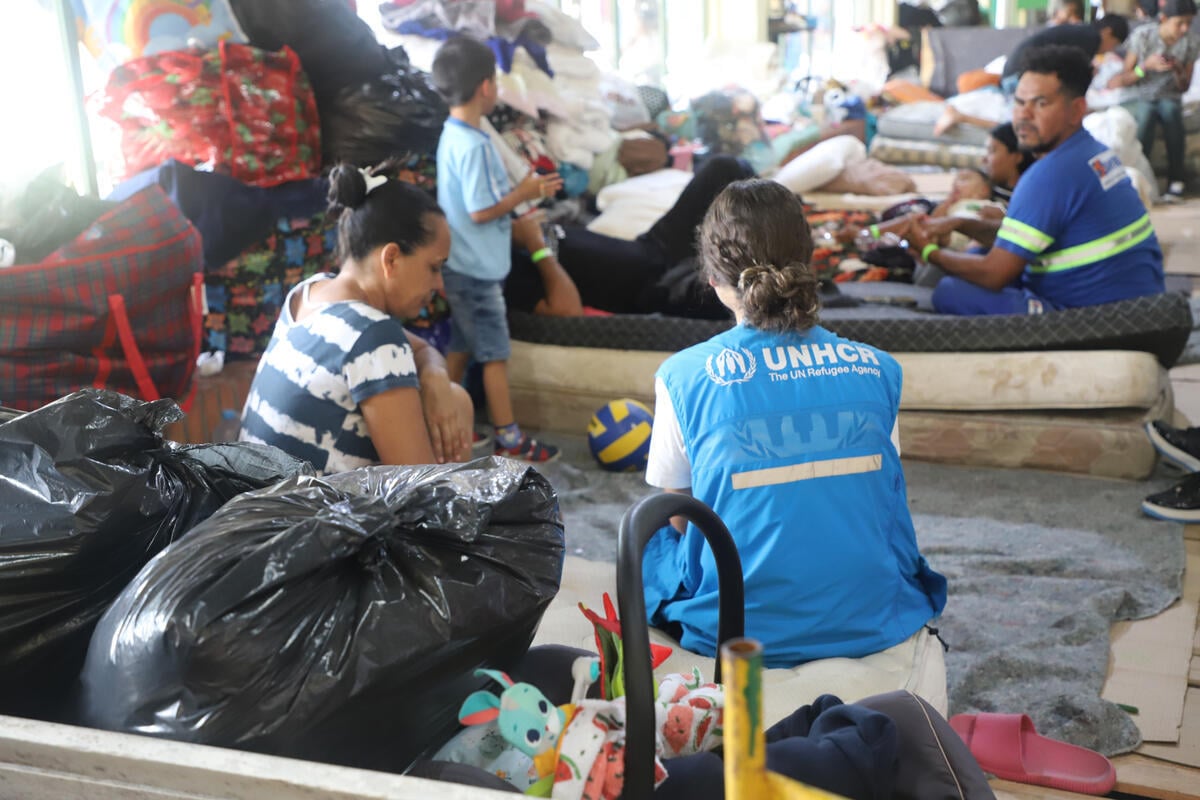Consolidation of refugee camps in Pakistan accelerates
Consolidation of refugee camps in Pakistan accelerates

QUETTA, Pakistan, June 21 (UNHCR) - The process of consolidating Afghan refugee camps in Pakistan is accelerating, with the government and the UN refugee agency announcing that two camps in Balochistan province will close in addition to those in the troubled tribal belt already scheduled for closure.
The decision to close Jungle Pir Alizai by July 31 and Girdi Jungle by August 31 - with residents given the choice of returning under the UN voluntary repatriation programme or relocating to another existing camp elsewhere in Pakistan - is the latest in a series of moves prompted by more than three years of repatriation to Afghanistan.
The process is focusing first on closing camps where security problems have obstructed access and delivery of services. The government announced earlier this month that all refugee camps in North Waziristan, a tribal area on the Afghan border where the army is battling militants, would close by the end of June.
In all, the camp closures could affect some 110,000 Afghan refugees in the Pakistan-Afghanistan border area.
The closing of camps in Pakistan has continued in parallel with the repatriation operation that began in 2002 and has helped 2.4 million Afghans to reach home, the largest such UNHCR programme anywhere in the world. Some 400,000 are expected to return from Pakistan this year.
Elders from the two Balochistan camps, where there have been ongoing security problems and growing government concerns about criminal activity, were told by government officials of the decision to close the camps and end UNHCR assistance at meetings in Quetta last Wednesday.
The Chief Commissioner for Afghan Refugees, Jahangir Khan, said they could either return to Afghanistan with UNHCR assistance or be moved to Mohammed Kheil, an existing refugee camp near Quetta. The 63,000 residents, as counted in this year's census, will not be permitted to remain in the current camps.
Those moving to Mohammed Kheil will continue to get the same UNHCR assistance as other residents of refugee camps in Pakistan, receiving basic medical care, primary education, water and sanitation services. The government has not yet announced the alternative camp where refugees in North Waziristan can be relocated and continue to receive assistance.
Those repatriating will receive the same help as the 125,000 Afghans who have already returned from Pakistan this year: a travel grant of $3 to $30 per person depending on the distance to the destination and a $12 per head grant to help them re-establish themselves in Afghanistan.
The decision by the government to close the camps has been supported by UNHCR because security problems had obstructed the provision of humanitarian assistance and Afghans have the choice of repatriating or moving to another existing camp in Pakistan that has space available.
North Waziristan Agency is located in the Federally Administered Tribal Areas, a tribal belt between North-West Frontier Province and Afghanistan where for the past year the government has been battling militants accused of staging attacks against the current government of Afghanistan.
The government has said it intends to quickly follow the closure of the North Waziristan camps, which house about 30,000 people, with the closing of all remaining refugee camps in FATA. The other FATA camps have about 80,000 residents.
The North Waziristan camps will close at the end of June, with residents also offered a choice of repatriation or relocation to another existing camp. Repatriation from the camps, now the choice of 85 percent of the population, began last Wednesday and will be completed by June 30.
Extra UNHCR staffing to assist repatriation from the two camps in Balochistan will be provided starting in Jungle Pir Alizai from July 15 and at a later date in Girdi Jungle. Afghans from the camps who wish to repatriate before those dates can follow normal procedures, returning to Afghanistan after passing through the UNHCR repatriation centre in Quetta.
The consolidation process began in 2003 when UNHCR closed an unofficial camp on the border between Balochistan and Afghanistan at Chaman where 20,000 people had been stranded in a waterless area of waste land since late 2001.
Last year, with more Afghans drawn home by improving conditions, all the "new" camps in Pakistan established to shelter Afghans fleeing the 2001 war in Afghanistan were closed.
At the start of this year, there were nearly 150 refugee camps in Pakistan with some 1.1 million residents. Just over three million Afghans lived in Pakistan, including camps. More than 580,000 Afghans have gone home from camps since the voluntary repatriation programme began in 2002.
By Jack Redden
UNHCR Pakistan

